Bishop Hinder talks about bearing witness to the Gospel in Abu Dhabi, a society marked by Islam (photos)
The Apostolic Vicar of Southern Arabia describes the life of his communities, the essential collaboration of the laity, multi-ethnic relations, and the special mission in the Gulf region. About a million Catholics live in the whole Vicariate, which includes the United Arab Emirates (UAE), Oman and Yemen, out of a total population of 43 million. UAE citizens represent only 20 per cent of the resident population. The "caravan" Church in the desert is the image of the future.
Abu Dhabi (AsiaNews) - The tens of thousands of faithful of the Catholic community of Abu Dhabi constitute a Church centred on the essential collaboration of the laity, bearing witness to the Gospel in a society marked by Islam, made up of migrants who seek the well-being of their families or in flight from persecution and war, this according to Mgr Paul Hinder, 77, apostolic vicar of southern Arabia.
Precise numbers do not exist, for Catholics are migrants without permanent residence, moving from country to country. In the whole Vicariate, which includes the United Arab Emirates, Oman, and Yemen, there are about a million Catholics out of a total population of 43 million. In the UAE, locals constitute only 20 per cent of the resident population.
I spent more than a week admiring the faith, dedication, concerns and joy of these brothers and sisters, from Palm Sunday and Holy Thursday to Good Friday and Easter Vigil, mindful of the important meeting Pope Francis had with the country's authorities and with Muslim religious leaders, last February.
At the end of my trip, I asked Mgr Hinder some questions on being a pastor in a Church that is becoming more and more the image of the Church of the future: a "caravan" Church in the desert.
As witnessed by myself, the Church in Abu Dhabi gets strong support from lay people. It seems there is a real partnership, sinodality in the affairs of the Church.
It is obvious that without the commitment and partnership of the laity we could not function. The liturgy, catechism, and logistics require the involvement and competence of countless men and women. It is not always easy for our priests from certain cultural areas to live a true partnership. However, on the whole, it works rather well.
Catholic lay people live in a Muslim environment. How is their day-to-day mission possible in their place of work? Isn’t there a risk of reducing the Christian identity to membership in the Catholic community and to liturgical work?
Although we live in the UAE, a country with a remarkable level of tolerance, we have to be aware that we live in a society deeply marked by Islam. Generally, our people have no problem as Christians and can show it through certain signs. On the other hand, it is also true that being a Christian leaves someone with fewer job possibilities, especially when it comes to climbing the career ladder. In this situation, some may become weak and take the risk of hiding their religious affiliation or even convert to Islam. Sometimes people think, that after going back to their own country they could easily “re-convert” to Christianity. In reality, this is not so easy. It is true, that our deeply religious people can also live in a certain ambiguity. Although they know and accept the ten commandments and the teaching of Jesus, they may not always act accordingly. It is part of our preaching that the Gospel values have to mark our life, especially outside the liturgies and devotions.
The community in Abu Dhabi is multiethnic and made up of migrants. You often say that this is the Church of the future. Can you explain?
Because of globalization on the one hand and a still unbalanced economic situations worldwide on the other, people will continue to move to “better” places. Many are forced by warfare, discrimination or even persecution to leave their country. Other parts of the world will continue to need manpower from elsewhere as natural reproduction in certain societies does not work anymore. These and similar factors lead to the permanent migration of people(s) in the world with the effects we can see, in particular here in the Gulf region.
This process of continuous migration is changing not only the face of the earth but also the face of the Church. A few weeks ago, in a short article for a German theological magazine, I wrote that here in the Gulf I feel like in a caravan: someone has to explore the way through the desert; we have to adjust the speed for the real people in the caravan in order not to lose some to starving in the desert; the leader of the caravan may sometimes be at the front to encourage and point the way or at other times be in the middle or at the back, according to the situation. A caravan needs the partnership of all those who are on the same journey. Only then will it reach the destination. I think that, in this sense, we are living important elements that will also mark tomorrow’s Church in other parts of the world.
(Photos by Oliver Gomes)
15/04/2019 09:54
22/04/2019 13:45
02/02/2019 11:16
01/02/2019 13:31





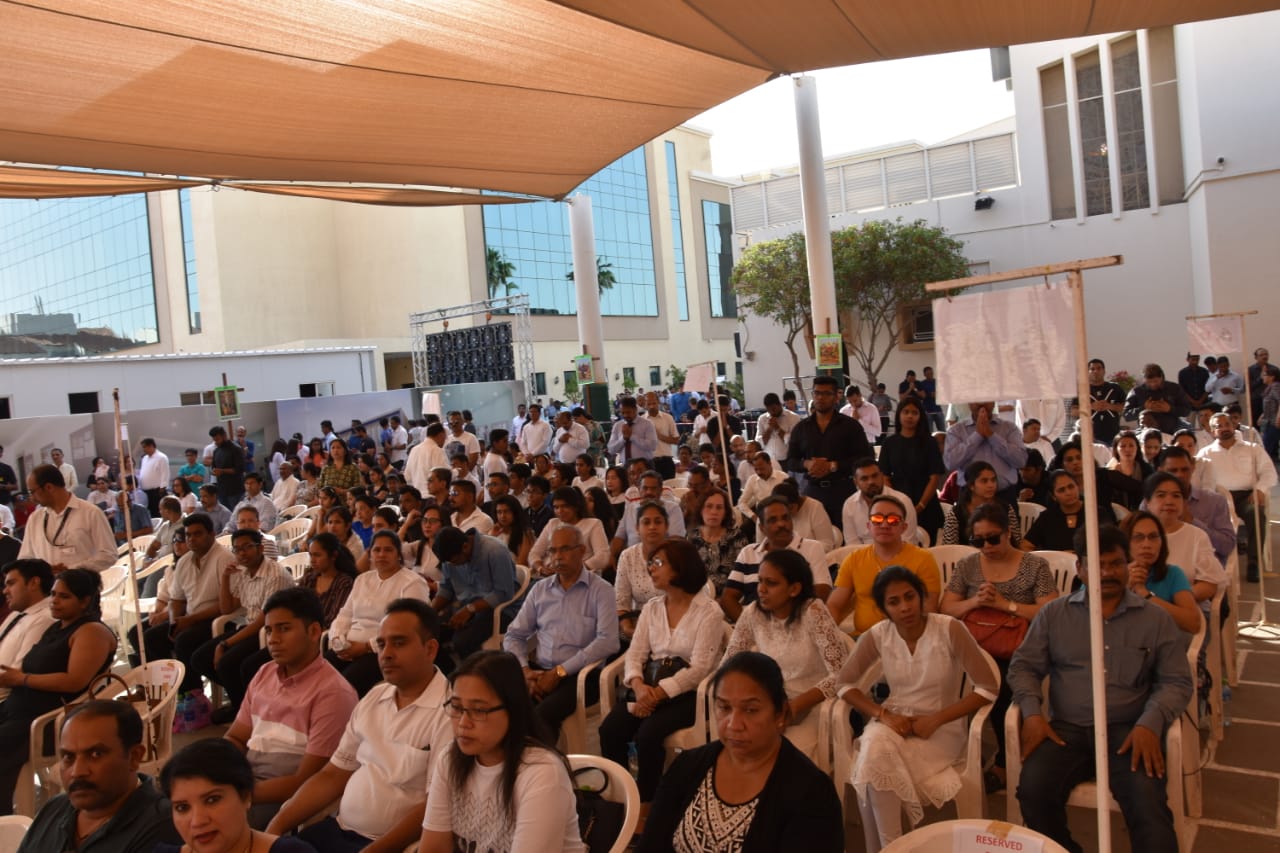
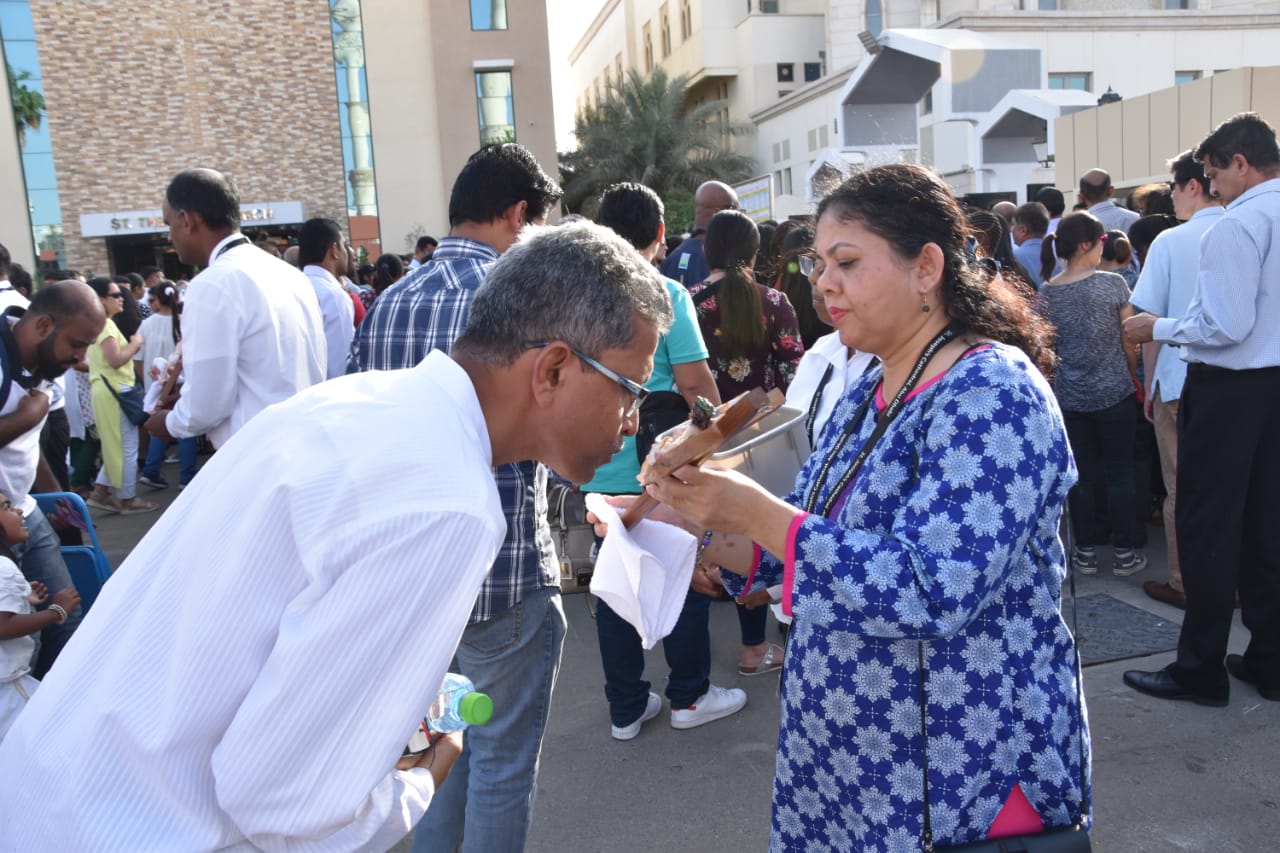
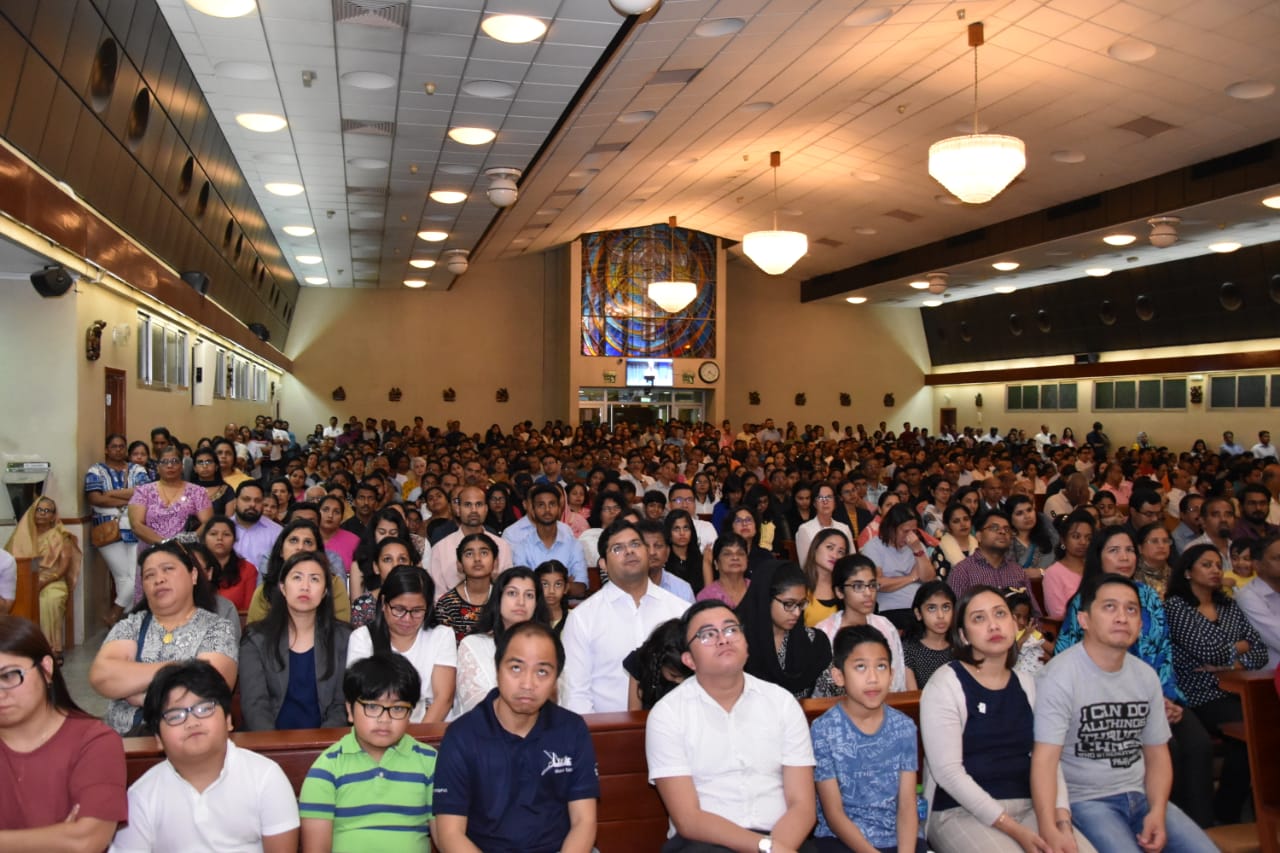
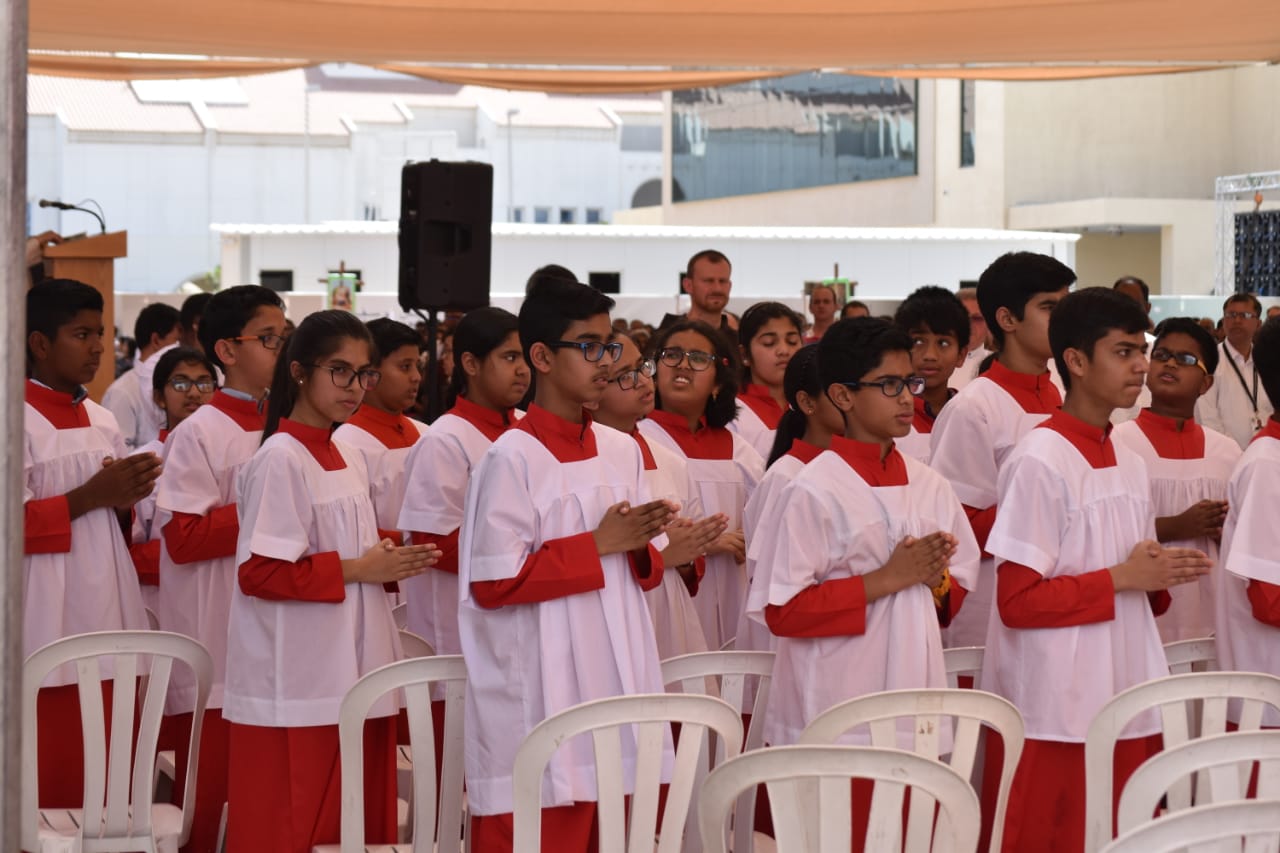
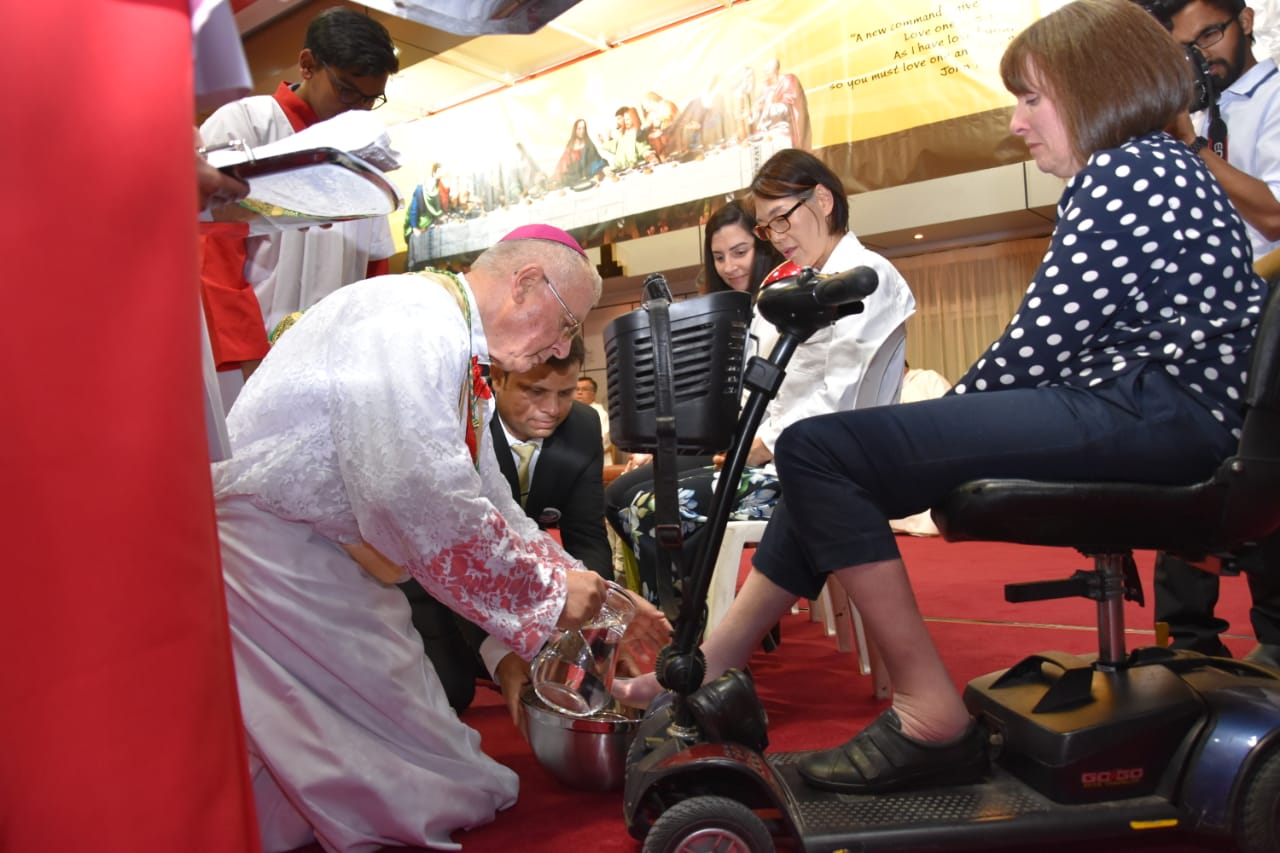
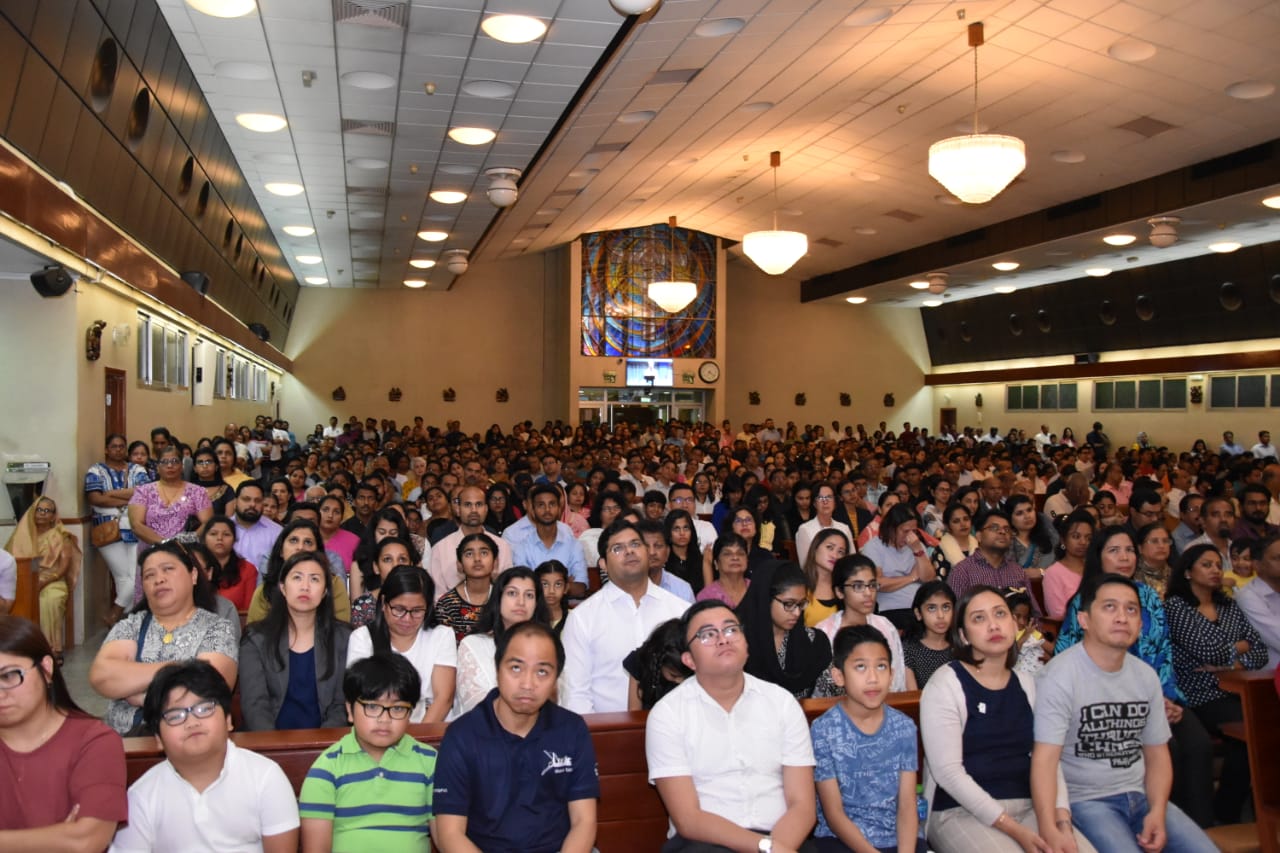

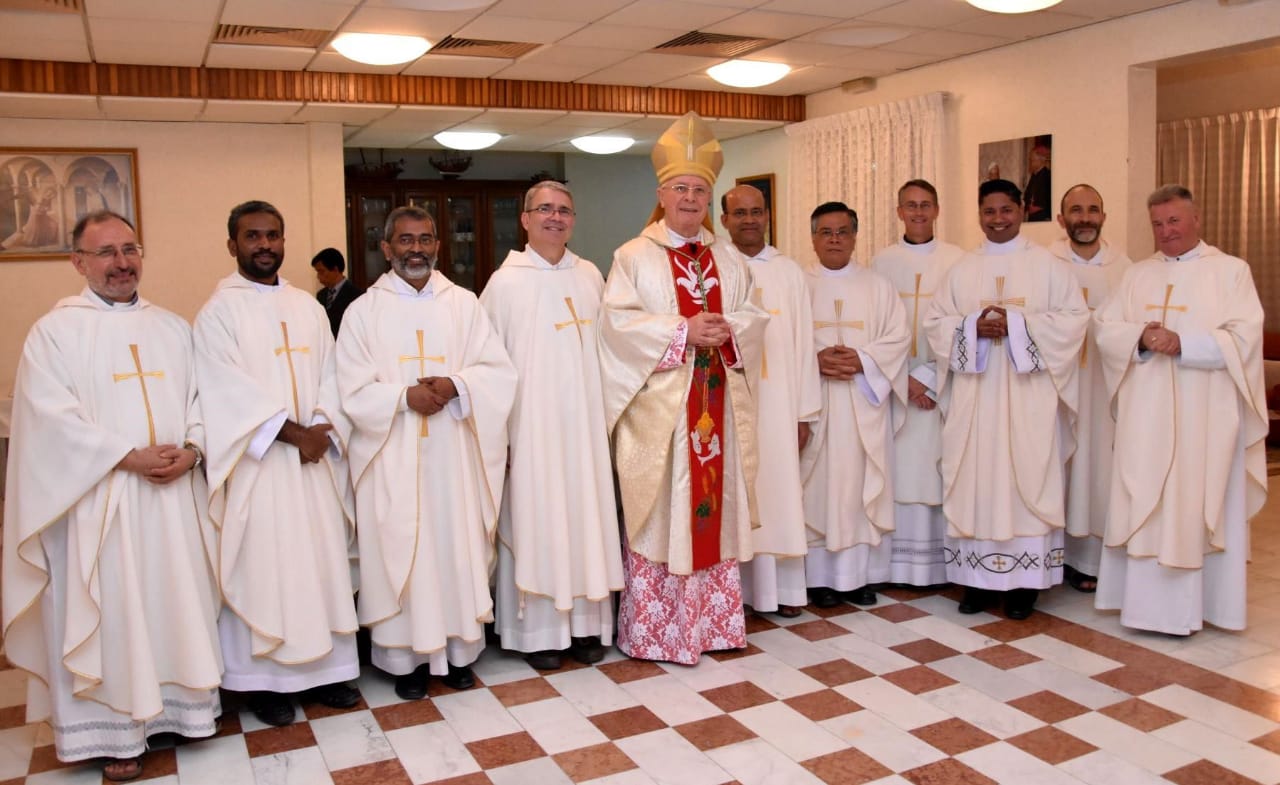
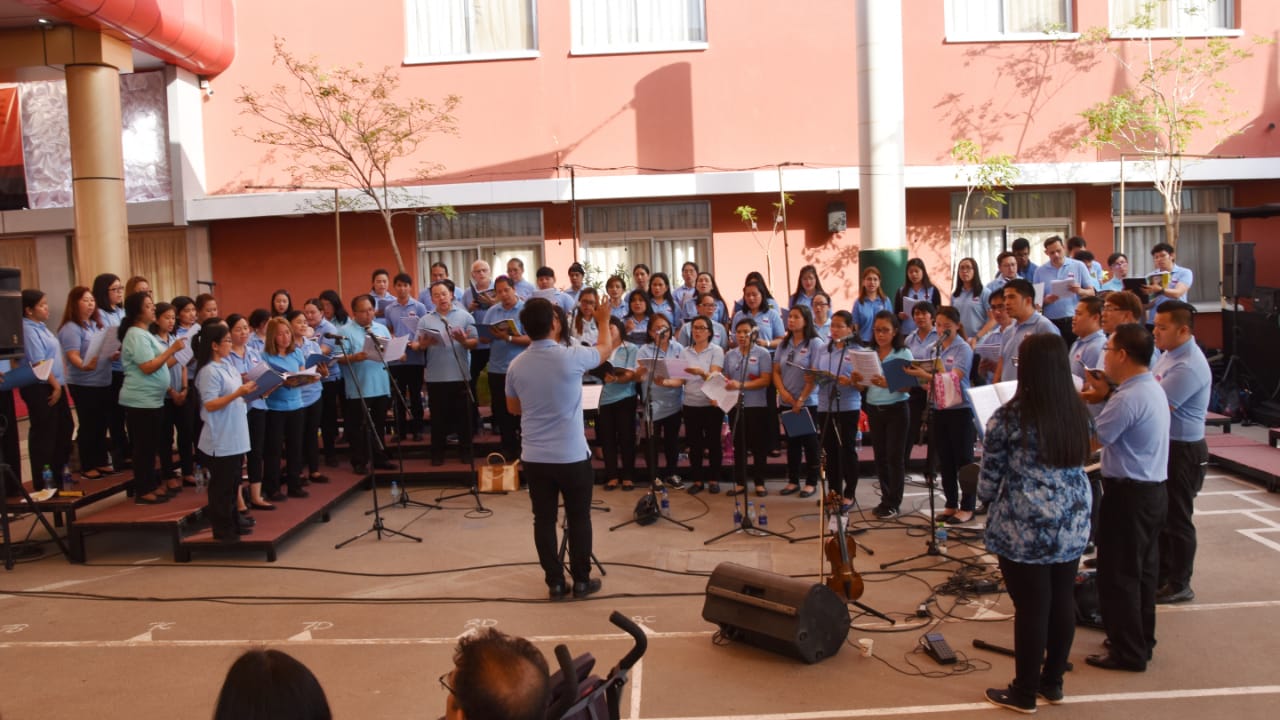

.png)










